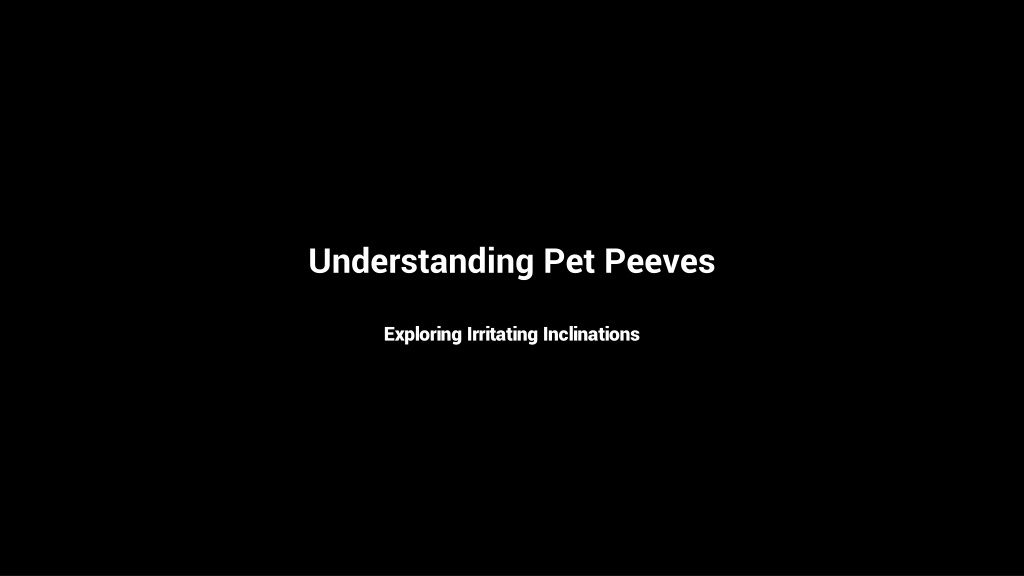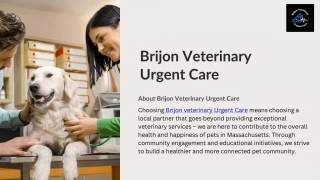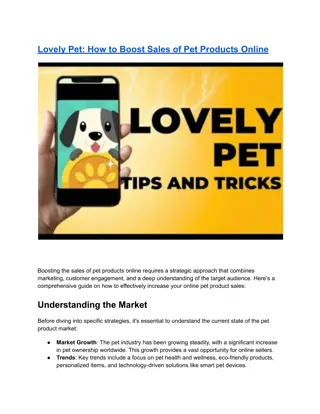Understanding Pet Peeves: Insights and Strategies for Better Relationships
Explore common pet peeves like mouth sounds, annoying speech patterns, defensiveness, driving habits, and rude behavior in customer service. Learn how understanding and acknowledging these annoyances can foster empathy, stronger relationships, and a more harmonious interaction with others.
Download Presentation

Please find below an Image/Link to download the presentation.
The content on the website is provided AS IS for your information and personal use only. It may not be sold, licensed, or shared on other websites without obtaining consent from the author. Download presentation by click this link. If you encounter any issues during the download, it is possible that the publisher has removed the file from their server.
E N D
Presentation Transcript
Understanding Pet Peeves Exploring Irritating Inclinations
Introduction to Pet Peeves Pet peeves are personal annoyances or irritations. They can vary from person to person. Understanding pet peeves can help improve personal relationships. Identifying common pet peeves can promote empathy and consideration. Photo by Pexels Photo by Pexels
Common Pet Peeves - Mouth Sounds Mouth sounds, like chewing or smacking, can be can be highly irritating. They can trigger discomfort and annoyance in individuals. Being aware of this pet peeve can help create a more pleasant atmosphere. Practicing mindfulness and being considerate of others' sensitivities is important. Photo by Pexels Photo by Pexels
Annoying Speech Patterns - 'I Guess' The phrase 'I guess' can be irritating when used excessively. It can convey uncertainty or indecisiveness. Replacing this phrase with more definitive language can improve communication. Encouraging self-awareness in speech patterns is beneficial. Photo by Pexels Photo by Pexels
Defensiveness and Righteousness Feeling defensive when challenged on one's beliefs is a common pet peeve. Seeking to prove ourselves right can hinder open- mindedness. Developing empathy and understanding different perspectives can alleviate this annoyance. Engaging in respectful discussions can lead to personal growth. Photo by Pexels Photo by Pexels
Frustrating Driving Habits Various driving habits can be major pet peeves for many individuals. These include speeding, abrupt braking, slow driving, and poor merging skills. Adopting considerate driving behaviors can improve road safety and reduce annoyance. Practicing patience and understanding on the road is essential. Photo by Pexels Photo by Pexels
Rude Behavior in Customer Service Rudeness towards service workers is a significant pet peeve. Customers often fail to realize the impact of their attitude on service providers. Promoting empathy and understanding can lead to improved customer experiences. Encouraging respectful treatment of service workers is crucial. Photo by Pexels Photo by Pexels
Conclusion - Empathy and Understanding Understanding pet peeves can foster empathy and stronger relationships. Recognizing and respecting others' annoyances can lead to more harmonious interactions. Practicing self-awareness of our own pet peeves is also essential. By being mindful of our irritations, we can cultivate a more considerate and compassionate society. Photo by Pexels Photo by Pexels























